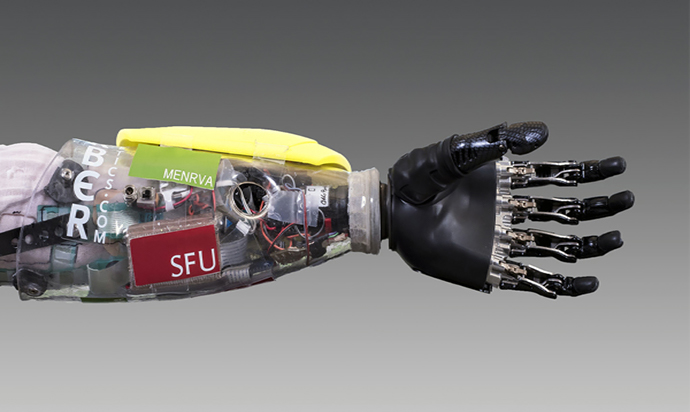From refineries, you get a refined oil product; that’s pretty obvious. In addition to fuels, refineries produce feedstocks that are used to create lifesaving medical products, and many of the preservatives that keep food from spoiling. In fact, more than 6,000 products rely on derivatives from oil.
First, the heroes of our list: fuels. Gasoline and diesel still power 90 per cent of all vehicles on Canada’s roads. It gets you where you need to go, and gets products delivered to your local stores. Marine and aviation fuels propel transport on the seas and in the sky. Canadians use 1.9 billion litres of home heating oil per year. Butane is used in lighters, aerosols, and many household refrigerators. The streets are paved with black gold: asphalt. All that might be unsurprising.
But were you aware of the modern medical benefits of petroleum-derived production? Have you heard of Aspirin? Acetylsalicylic acid or A.S.A. (its pharmaceutical name), is made from benzene that started as petroleum. Suitable for some patients but not others (seek your doctor’s guidance), the drug eases aches and is used to keep blood from clotting, benefitting people at risk of heart attack and stroke.

For many victims of heart attack, life-saving artificial valves’ pyrolytic carbon coating are created by heating methane hydrocarbons, which come from petroleum. [2] Almost 99 per cent of feedstocks used in pharmaceutical drugs are derived from petrochemicals. [3] Even vitamin pills often contain petroleum derivatives, for instance synthetic vitamins A, B-6, B-9, and E. [4] Toothpaste often contains dyes and Poloxamer 407, which come from oil, and the toothbrush that applies it has nylon bristles (a petroleum polymer) and a plastic handle (many plastics are petroleum based). Avoid the toothbrush and you might need false teeth; guess how those are made. Yes, they’re made from oil feedstocks. Hearing aids are only possible thanks to plastics. Modern prosthetic limbs have only reached their zenith thanks to plastics and carbon fiber composites.

The fact is, many petroleum by-products are safe for consumption. They’re widely used in many foods, showing up in ingredient lists as mineral oil, paraffin wax, tert-Butylhydroquinone (TBHQ), or certain dyes. Mineral oil, evaluated as safe for daily intake by the World Health Organization, is often used as a substitute for fat. It’s sometimes found in flours, cereals, and vegetables. The edible paraffin wax is a preservative and adds shine to foods. It’s also the coating on Edam and other hard cheeses. TBHQ is derived from butane and is found in things like cheesy bites, graham cookies and peanut butter cups. Without such ingredients, foods would spoil before getting to our dinner tables.
Refined petroleum products are used to make tires, helmets, and dashboards; Blu-Rays, speakers, and guitar strings. It goes into dresses, purses, and nail polish; balloons, crayons, and bouncy balls; and perfume, candles, and pillows. It even goes into the kitchen sink, along with the faucet washers, piping, and scrub brush. There’s not a part of everyday life that products made with petro don’t touch.
What a little chemistry can do to change oil from the earth into such a wide variety of products! And you thought all we did was make your car run.
Transportation fuels getting cleaner all the time
_______
[1] (https://www.mayoclinic.org/diseases-conditions/heart-disease/in-depth/daily-aspirin-therapy/art-20046797).
[2] (http://www.madehow.com/Volume-6/Artificial-Heart-Valve.html)
[3] (https://www.ncbi.nlm.nih.gov/pmc/articles/PMC3154246/)
[4] (https://ecochildsplay.com/2015/03/16/whats-in-your-supplements-petroleum-rocks-artificial-dyes/)


